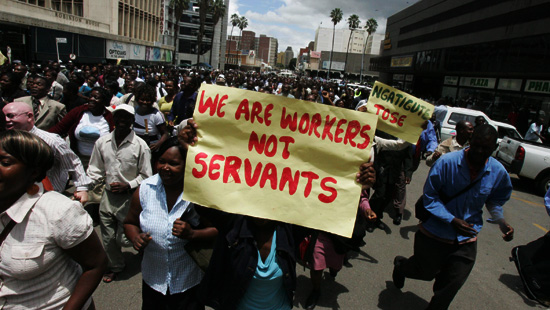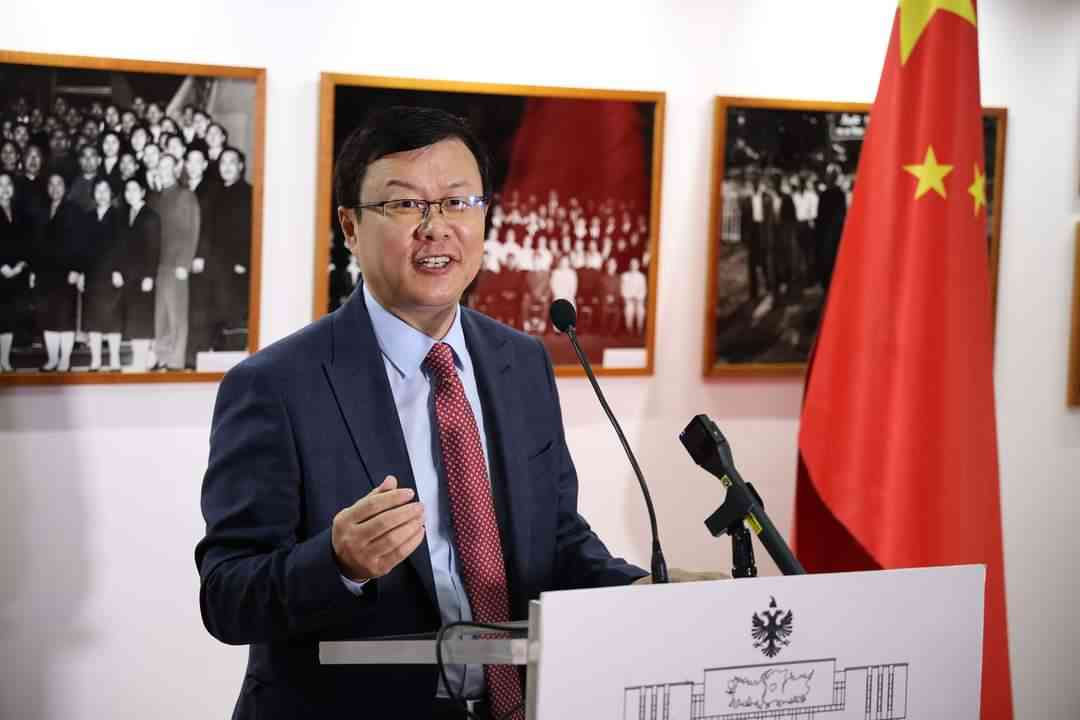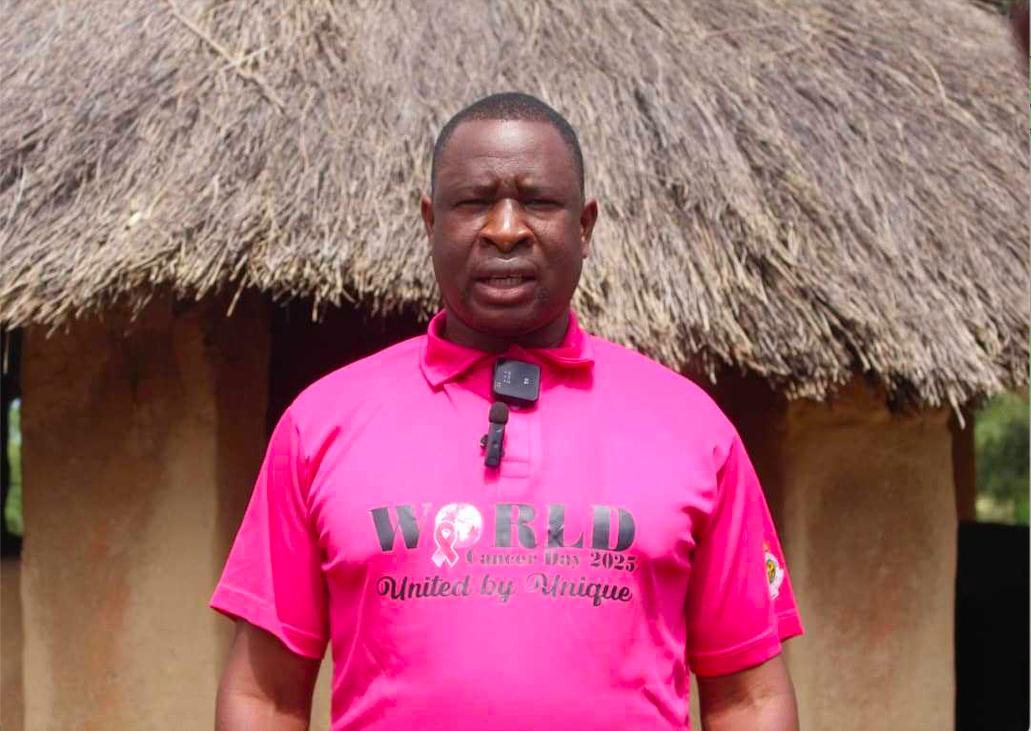
APEX council chairperson Cecilia Alexander says the civil servants’ umbrella body will intensify pressure on government to hike salaries to a minimum of $1 733 for the lowest paid worker. She said as long as government failed to correct price distortions where prices of goods are rising daily, civil servants would continue with their demands to be paid in United States dollars.
The Standard senior reporter Veneranda Langa (VL) last week spoke to Alexander (CA) on developments in salary negotiations and other issues to do with civil servants’ conditions of service. Below are excerpts of the interview:
VL: Can you give us the current update of what is happening pertaining to salary negotiations for civil servants?
CA: The meetings that were held last week with government yielded nothing and were below our expectations and demands. The Friday, January 11 2019 meeting was declared a nullity because it yielded no results at all and the meeting was adjourned after no conclusion was reached. The government team said they wanted to go back to their principals to do further consultations. However, what is worrying us civil servants is their offer, which when you calculate it means that it will see the lowest paid civil servants getting an increment of around $28 to $41, and it is very disturbing.
VL: But what was your justification for demanding a wage increment of $1 733?
CA: Even that increment of $1 733 is far less than what is needed because of runaway inflation and price distortions. Everyone who lives in Zimbabwe knows and understands what I am talking of. It is difficult to live now, especially for civil servants.
VL: Civil servants are said to have rejected a $160 million salary deal — giving an impression that it was the attractive offer. What is your comment on that assertion, and how much is actually needed by civil servants right now to cushion them from the high cost of living?
CA: If you look at that amount as a quantum, it sounds as if it is a lot of money. However, that money is meant to cater for the whole civil service which includes the army, police, health sector, education, judiciary and others. The effective date for the salary increments was supposed to be the 1st of April up to December 2019, and if you work it out it means that the lowest paid civil servants will only get a $20 to $41 increment. That does not work because prices of goods, services and other commodities are very high and that pay rise is not commensurate with what is happening on the ground. It is not our fault that there are price distortions in the country. Government needs to play their part and act on prices. As long as they do not act on them, then we will continue with our demands because the lowest paid civil servant needs to be cushioned from the high cost of living. Actually the amount that we want as an increment is $3 000 because of the rising prices that are triggering inflation. We even indicated that we want to be paid in United States dollars. If they pay us in US$ we will say to them that they can continue paying us the $400 to $700 that they are paying us. Right now we receive cashless RTGS payments yet everything has gone up. Even as we speak right now there is a lot of indiscipline in pricing of goods in the market and nobody is correcting the situation. We (civil servants) cannot subsidise government. We are doing our duties as workers, and they should play their part and give us our wages.
- Chamisa under fire over US$120K donation
- Mavhunga puts DeMbare into Chibuku quarterfinals
- Pension funds bet on Cabora Bassa oilfields
- Councils defy govt fire tender directive
Keep Reading
VL: What happened to the other non-monetary benefits for civil servants that have been talked about like stands, vehicle loans, and duty-free importation of vehicles?
CA: Government did give us a rundown of other initiatives they wanted to explore as incentives for civil servants, but at present we are not very much concerned about the non-monetary incentives. We think that the pertinent issue right now is to cushion us against this high cost of living and restoring our lost incomes. We cannot be talking of housing and vehicle benefits, which are long-term benefits when the first thing that a person needs is to eat, go to work and deliver services. They tried to bring that up during the negotiations, but we said we wanted to deal with the more pressing issues of salary increments which are short-term. We do not want to say that government has been bad throughout, but that in some instances they have tried to implement some incentives through funding support from NSSA.
VL: During these National Joint Negotiating Council meetings, would you say government is negotiating in good faith?
CA: I would not want to be judgemental on that, but I would like to point out that they are not serious about the plight of civil servants. They do note that everything has gone up right now and that civil servants’ wages must go up. We cannot be expected to subsidise the system which they are just leaving uncorrected – we cannot do that. They need to fix the economy and prices. United States dollar wages are the way to go.
VL: What is the current state of civil servants? And in your response please also take into cognisance those civil servants in rural areas.
CA: Right now most civil servants are failing to even send their children to school. I do not know where the employer thinks civil servants will get money to afford goods and services whose prices have escalated. Workers are even failing to report to work because of high transport charges that have gone up by 300%. We appreciate that they have already informed us of civil servants’ early pay dates, but many of them are saddled with debts and are struggling. Even the buses that are supposed to ferry civil servants to work cannot transport them all. Some of these buses are broken down and are no longer plying some routes. Civil servants cannot afford basic things like bath soap and clothes. Most of them now resort to borrowing money for bus fare to work.
VL: In their conditions of services, do they get adequate equipment, protective clothing or tools of trade?
CA: Those are important, but I would not want to dwell much on that, or try to portray a picture like everything that government is doing for civil servants is wrong. Right now the main issue that we are seized with is salary increments.
VL: Do you think that a nationwide strike for civil servants is the way to go?
CA: If government fails to give us our demands we are saying that as civil servants we cannot continue to subsidise the employer and the system. It is not proper. As civil servants we are providing quality services and implementing government policies, but we also expect that government should meet their part of the bargain and pay us respectable wages. We are saying that if government fails to make a decision on that then we are going on strike.










